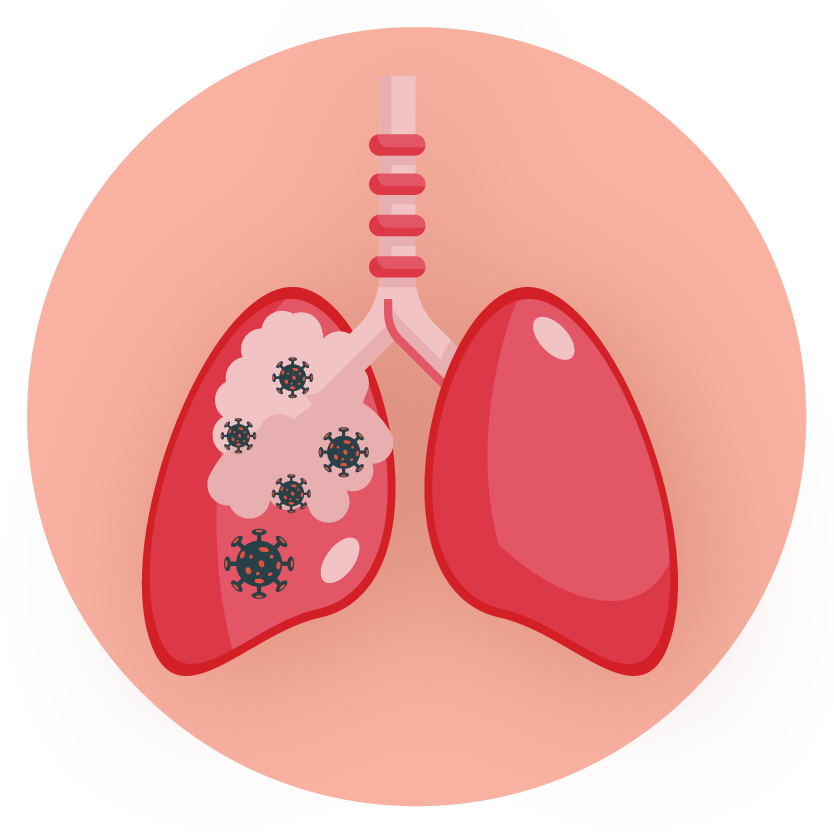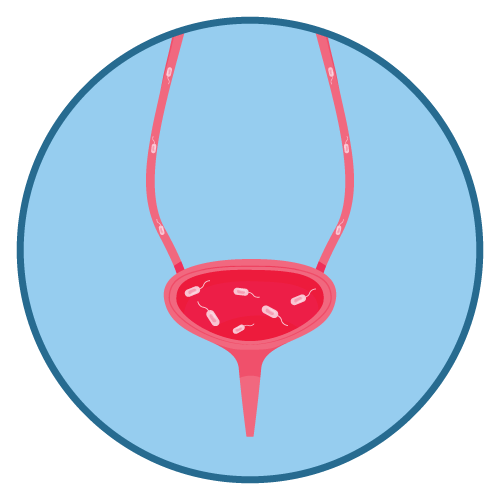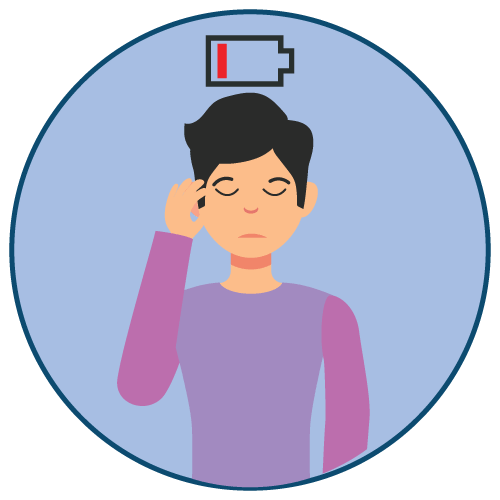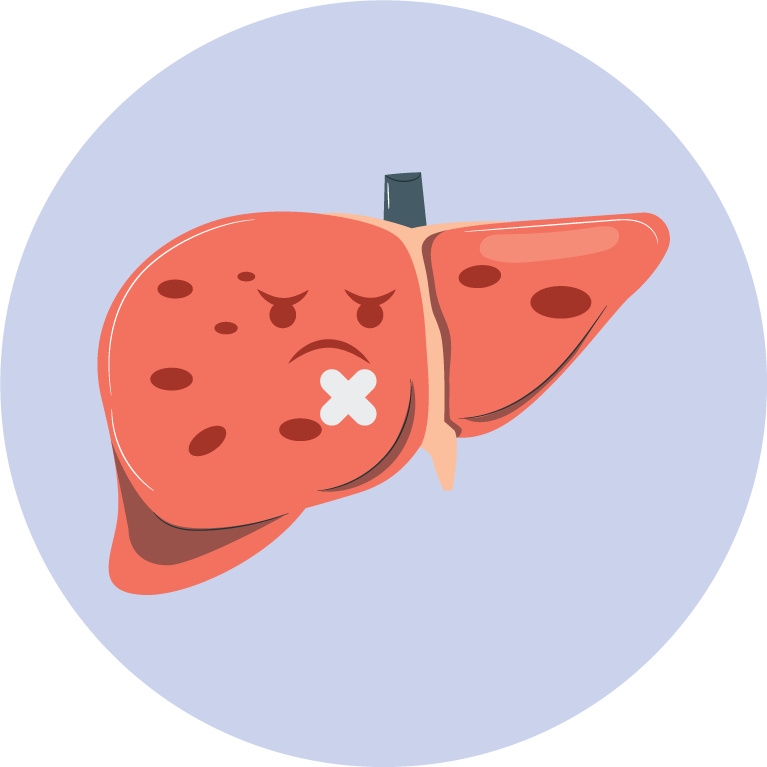| Name | Sulfadoxine |
| Classes |
Antiinfective Agent Antimalarial Agent |
| Diseases |
Infectious Disease Malaria |
Sulfadoxine
Sulfadoxine is a long-acting sulfonamide. It is a competitive inhibitor of the bacterial enzyme dihydropteroate synthetase.
A long-acting sulfonamide that is used, usually in combination with other drugs, for
- Respiratory tract infection
- Urinary tract infections
- Malarial infections.
- For adults, a single dose of sulfadoxine, 1.5 g, is given with pyrimethamine 75 mg.
- Swallow the sulfadoxine in its whole body. Before ingesting, do not break, crush, or chew.
- It is important to drink plenty of water while taking sulfadoxine. Consult with a doctor for specific instructions.
- Take sulfadoxine as soon as possible if a dose is missed. If the next dose is approaching, skip the missed dose and return to the regular dosing plan. Do not take two doses at the same time.
- Dizziness is a side effect of sulfadoxine. Do not drive, operate machinery, or engage in any other potentially. When taken alone, with certain other drugs, or with alcohol, pyrimethamine/sulfadoxine can impair one’s ability to drive or do other potentially risky duties.
- Before taking sulfadoxine or any other sulfonamide medicine (eg, sulfasoxazole, sulfamethoxazole, glyburide, probenecid), talk to the doctor or pharmacist. Severe rash, hives, breathing difficulty, or dizziness are all signs of a severe response.
- It is important to use sulfadoxine for the full course of treatment. Failure to do so may decrease the effectiveness of sulfadoxine and increase the risk that the bacteria will no longer be sensitive to sulfadoxine and will not be able to be treated by this or certain other antibiotics in the future.
- Sulfadoxine may reduce the number of clot-forming cells (platelets) in the blood. To prevent bleeding, avoid situations in which bruising or injury may occur. Report any unusual bleeding, bruising, blood in stools, or dark, tarry stools to the doctor.
- sulfadoxine may cause increased sensitivity to the sun. Avoid exposure to the sun, sunlamps, or tanning booths.
- Use sunscreen or wear protective clothing if it is a must to be outside for a prolonged period.
- Use pyrimethamine/sulfadoxine with caution in the ELDERLY because they may be more sensitive to its effects.
- Pyrimethamine/sulfadoxine is not recommended for use in CHILDREN younger than 2 months of age. Safety and effectiveness in this age group have not been confirmed.
Contraindication
Contraindicated in patients hypersensitive to the medicine itself or other sulphonamides such as-
There's no known contraindications of the drug in terms of food and drinks.
Sulfadoxine is contraindicated in the following conditions-
- Pregnancy
- Liver diseases
- Kidney diseases
- a genetic enzyme deficiency called glucose-6-phosphate dehydrogenase (G6PD) deficiency
 Bangla
Bangla English
English










